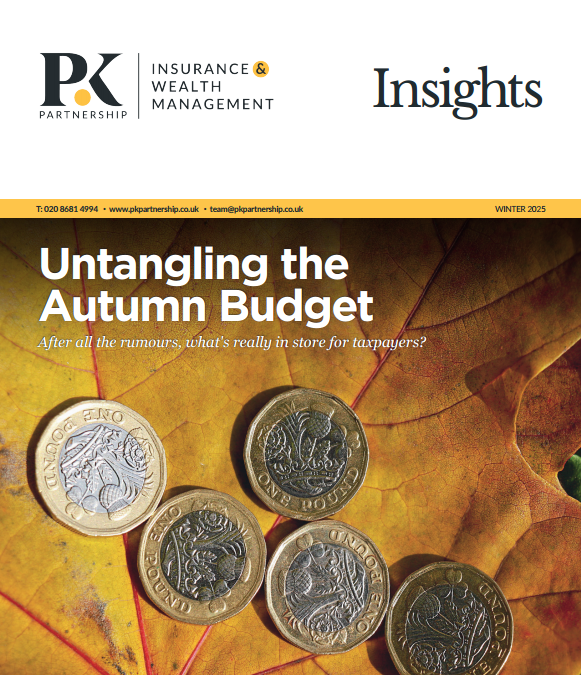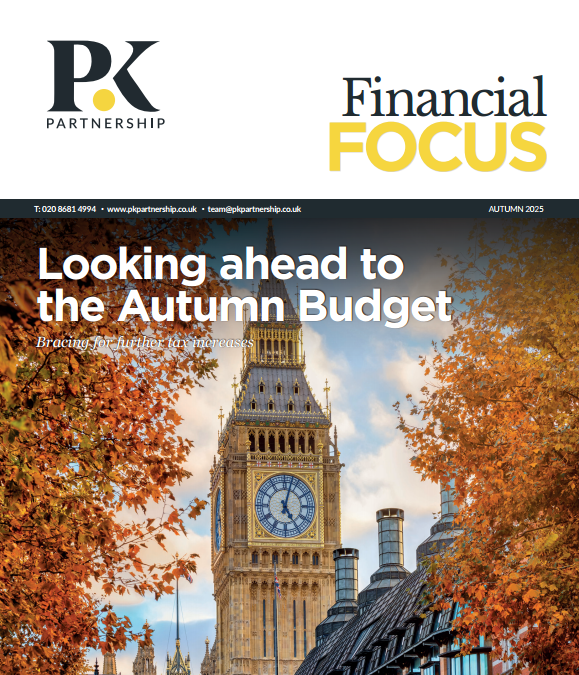October 30, 2024
The Chancellor of the Exchequer, Rachel Reeves, presented the Autumn Budget to Parliament shortly after 12.30 this afternoon.
The Budget sets out the Government’s tax and spending plans and is the second Budget of 2024 following Jeremy Hunt’s Spring Budget on 6 March.
This Budget is the first to be delivered by a woman and takes place almost four months after Labour’s landslide election victory in July. It is also the first Labour Budget since the late Alistair Darling’s final Budget on 24 March 2010 and the first Budget from an incoming Labour Government since 2 July 1997 when Gordon Brown was Chancellor.
This snapshot is intended to give you high level bullet points of the key points announced by the Chancellor from the dispatch box. More in depth details are available from the Government website here.
OBR economic forecasts
The OBR has published a report saying the last Government did not disclose all the spending pressures it faced at the Spring Budget. If the OBR had known about these, its assessments would have been ‘materially different’.
Growth
o 2024: 1.1% (0.8% in the Spring Budget)
o 2025: 2.0% (1.9%)
o 2026: 1.8% (2.0%)
o 2027: 1.5% (1.8%)
o 2028: 1.5% (1.7%)
o 2029: 1.6% (no forecast)
CPI inflation
o 2024: 2.5% (2.2%)
o 2025: 2.6% (1.5%)
o 2026: 2.3% (1.6%)
o 2027: 2.1% (1.9%)
o 2028: 2.1% (2.0%)
o 2029: 2.0% (no forecast)
Public sector net borrowing
o 2024/2025: 4.5% (3.1%)
o 2025/2026: 3.6% (2.7%)
o 2026/2027: 2.9% (2.3%)
o 2027/2028: 2.3% (1.6%)
o 2028/2029: 2.2% (1.2%)
o 2029/2030: 2.1% (no forecast)
Unemployment
o 2024: 4.3% (4.4%)
o 2025: 4.1% (4.4%)
o 2026: 4.0% (4.2%)
o 2027: 4.1% (4.2%)
o 2028: 4.1% (4.1%)
o 2029: 4.1% (no forecast)
Tax and Duties
The Budget raises taxes by £40 billion overall.
Income tax and National Insurance (NI)
- Income tax personal allowance and NI thresholds to be uprated in line with inflation from April 2028.
- Employer NI contribution rate to increase from 13.8% to 15% from 6 April 2025.
- Secondary threshold to be reduced from £9096 a year to £5000 a year from 6 April 2025 to 5 April 2028 and then to increase in line with CPI. Employers start paying National Insurance when employees’ earnings exceed the secondary threshold.
Capital Gains Tax (CGT)
- Non-residential CGT lower rate to be increased from 10% to 18% and higher rate from 20% to 24% from 30 October 2024.
- Residential CGT rates to remain unchanged at 18% and 24%.
- CGT rate payable under Business Asset Disposal Relief (BADR) to increase from 10% to 14% from 6 April 2025 and to 18% from 6 April 2026.
Inheritance Tax (IHT)
- IHT thresholds to remain unchanged until 2030.
- Inherited pensions to be brought into scope of IHT from April 2027.
- Business relief and agricultural relief to be reformed from April 2026. The first £1 million of combined business and agricultural assets will continue to get 100% relief. Assets in excess of £1 million will get 50% relief and be taxed at an effective rate of 20%.
- Business relief on AIM shares will be reduced from 100% to 50% and be taxed at an effective rate of 20%.
VAT
VAT to be introduced on private school fees from 1 January 2025.
ISAs
- ISA, Lifetime ISA and Junior ISA annual subscription limits to remain at £20,000 for ISAs, £4,000 for Lifetime ISAs and £9,000 for Junior ISAs until 5 April 2030.
- British ISA proposed in the Spring Budget will not go ahead.
- Domicile
- ‘Non-dom’ rules to be abolished and a residence-based regime to be introduced from 6 April 2025.
- Business Rates
- The Government is to create a fairer business rates system over this Parliament and intends to introduce permanently lower business rates for retail, hospitality and leisure properties from 2026/2027.
Duties
- Fuel duty to remain unchanged including the ‘temporary’ 5p cut.
Work and Benefits
- The State Pension and Pension Credit to be increased by 4.1% in 2025/2026.
- Working age benefits to be increased by 1.7% in 2025/2026.
- From April 2025, National Living Wage for people age 21 or over increased from £11.44 an hour to £12.21 an hour and National Minimum Wage for people age 18 to 20 increased from £8.60 an hour to £10.00 an hour.
Housing
- Stamp duty land tax surcharge for second homes to increase from 3% to 5% from 31 October 2024.
- £500 million to be added to the Affordable Homes Programme to increase social and affordable housebuilding with the intention of building 1.5 million homes over this Parliament.
Public Spending
- £22.6 billion increase to the ‘day-to-day’ budget of the NHS.
- Core schools budget to increase by an additional £2.3 billion in 2025.
- Funding secured to extend HS2 to London Euston, upgrade the Transpennine route between York and Manchester and launch East West Rail services between Oxford, Milton Keynes, and Cambridge.
- Additional £500 million to be provided in 2024/2025 local roads maintenance funding.
Contact Us
Should you have any questions or to obtain a quotation please contact us on
020 8681 4994.
Related Articles

Financial Focus: Winter 2025
Welcome to our new-look quarterly Insights newsletter. The Autumn Budget, a winter Budget in all but name appearing as it has only six weeks from Christmas, wasn't too full of festive cheer, with the headline changes being a further extension to the...

Financial Focus: Autumn 2025
In this issue... Attention is turning to the Budget, now scheduled for late November. Having promised that her initial, tax-heavy Budget last year was a one-off, continuing pressures appear to have put that hope into doubt. Our feature in this edition looks ahead to...

Financial Focus: Summer 2025
In this issue... Investors and governments alike have had a turbulent ride as the effects of President Trump's tariff see-saws play out. Continued international volatility and rising living costs mean taking time to focus on financial planning is increasingly crucial....
